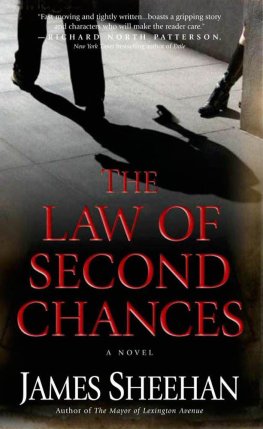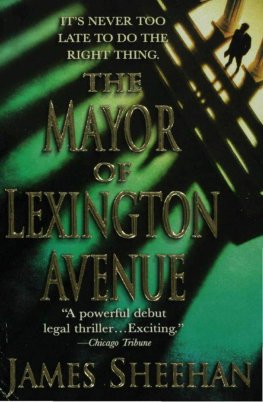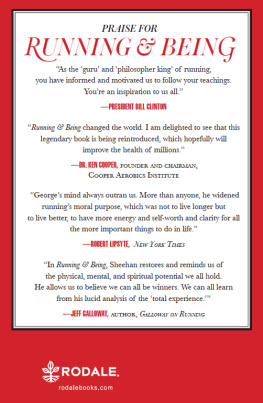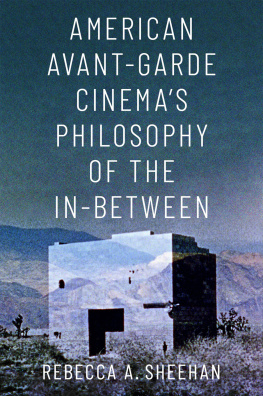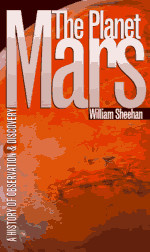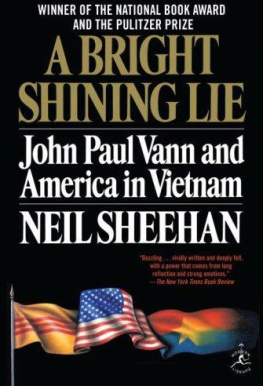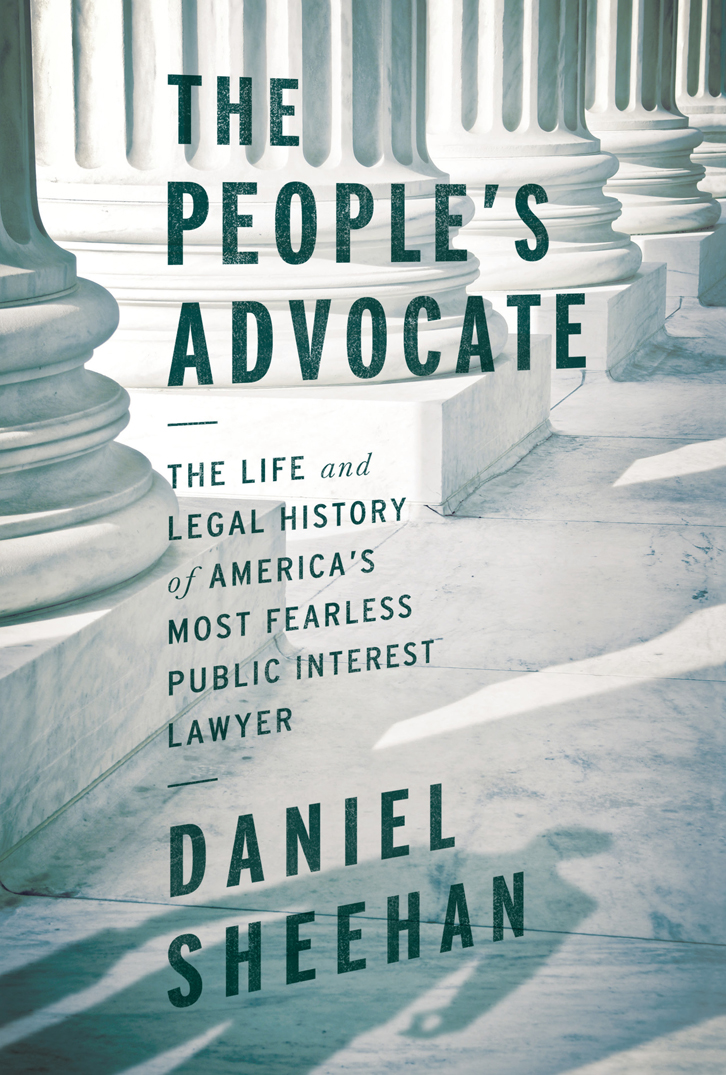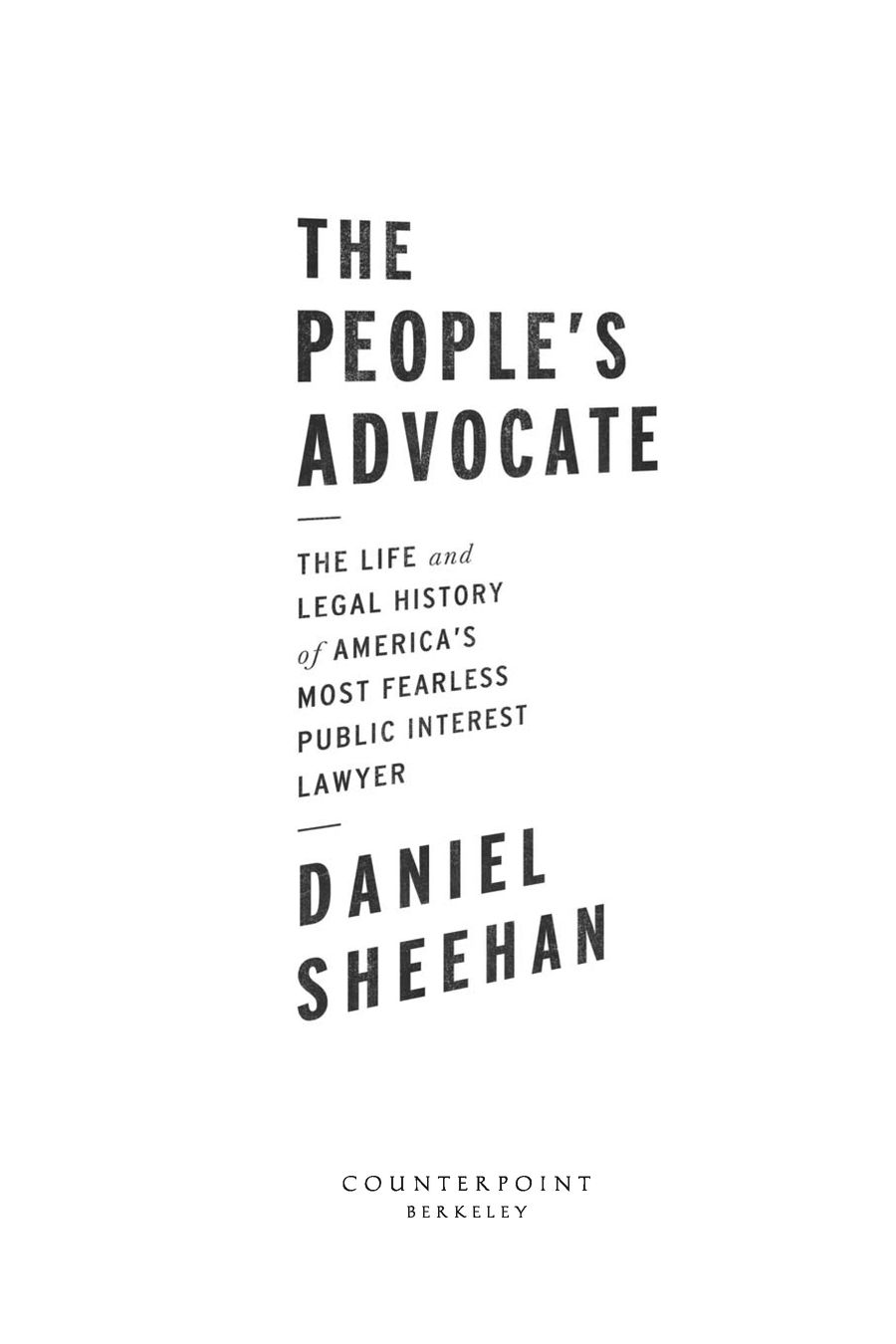Table of Contents
Guide
Table of Contents
To the courageous people whom I have had the privilege of defending as an attorney over my 45 years of legal service:
From Bill Baird who had the courage to be the first to stand up for the right of every unmarried person to engage in responsible birth control; to Paul Pappas who first stood up for the right of every journalist to protect the identity of his or her confidential news sources; to Daniel Ellsberg and the Editors of The New York Times who had the courage to release The Pentagon Papers to the world; to Karen Silkwood who died to stop the construction of dangerous new private nuclear power plants in our country and to stop the smuggling of bomb-grade plutonium to Israel and Iran by our American C.I.A.; to the members of the American Indian Movement who stood their ground against the power of the the U.S. Government at Wounded Knee; to the journalists who died in the jungles of Central America at the hands of the Off-The-Shore Enterprise of Ronald Reagan and George H.W. Bush and to Tony Avirgan who survived that attack to give rise to The Iran/Contra Scandal; to Archbishop John Fitzpatrick and Stacey Lynn Merkt and their co-workers at Casa Romero on the Texas border who struggled in The American Sanctuary Movement to give refuge to the innocents who fled the death squads in Latin America trained and funded by our American government; to the courageous friends of Mayor Eddie Carthan, the first elected Black Mayor in the Deep Delta of Mississippi and to the young men and women who gave their lives on the streets of Greensboro, North Carolina confronting the Ku Klux Klan, who, together, success fully pushed back the night of racism in America; to all of the other lesser-well- known women and men whom I have had the privilege of represented who had the courage to give real meaning to our American Constitution, this work is dedicated. Without these courageous people, their would be no Peoples Advocate.
FOREWORD
MY GENERATION HAS been characterized to a degree of nearly mythical proportions: the most-written-about of all presently living generations; the largest generation in the history of our human family; the best-educated generation in human history; the most idealistic of all of the generations presently alive; the most activist generation in human history. What has not been so widely acknowledged, however, is that we remain the most unfulfilled generation in all of human history. For we, as a generation, have set very high goals for ourselves, and we have made certain promiseseach of us to ourselves, and to each other, back during a very special time that we all shared together: The 60s.
I consider The 60s to have taken place not during the single decade between 1960 and 1970, as one might reasonably expect, but over the full twenty-year period that extended from the mid-1950s to the mid-1970s. This special period began with the rise of Elvis Presley and Chuck Berry and rock-and-roll music in the mid-50s, which helped weld the still-disparate members of our generation into a unified entity, distinguishing us from those who had gone before us and from those who were to come after. This period progressed through the ascent to stardom of actors like James Dean and Marlon Brando in their respective generation-defining motion picture roles in Rebel without a Cause and On the Waterfront, continuing through the 1960 election and inauguration of President John F. Kennedy... and his assassination on November 22, 1963. It then carried us into 1968 and the traumatic assassinations of Dr. Martin Luther King Jr. and Robert Kennedy, followed by the infamous police riot at the Democratic National Convention; into 1971 and the public exposure of the illegality of the Vietnam War with the publication of the Pentagon Papers; through Richard Nixons presidential resignation in 1974; and on to the 1975 exposure of the Cold War crimes of the U.S. central intelligence community exposed by the Senate Select Committee Hearings on Intelligence Abuse, chaired by Senator Frank Church of Idaho. Until that point, we as a generation expected that the wrongs of our nation that had then been publicly exposed would be corrected simply by our having exposed them to the world, just as we had been taught they would be by our parents generation.
It was, indeed, this twenty-year period that has come to be known as The 60s.
I feel privilegedand very gratefulfor the opportunity to recount the details of a number of the most important legal cases that I personally investigated and tried during that period, as well as some of the cases that I litigated in the immediate aftermath of this period. However, these stories are about more than just these cases. They will tell you the story of an era, and of the generation that lived it.
Harvard and Yale sociologists William Strauss and Neil Howe have observedcorrectly, I believein their insightful 1991 work Generations: The History of Americas Future that each generation of our human family is born within a specific twenty-one- to twenty-five-year period. The demarcations of different generations are not necessarily confined to arbitrary twenty-five-year points but rather are generated by the major events in the lives of members of each generation, both in their minds and in their consciousness.
Thus the very first members of my 82-million-member generation were born on the morning of February 3, 1943, immediately following the official surrender of the German Fifth Army before the gates of Stalingrad in Russia. That event came just seven months after the destruction of the Japanese Imperial Navy by our U.S. Navys Sixth Fleet at the famous Battle of Midway on June 7, 1942, which was just six months after Japans attack on Pearl Harbor. At the Battle of Midway, the U.S. Navy inflicted such irreparable damage on the Japanese fleet that military historians have characterized that specific naval engagement as the most stunning and decisive blow in the history of naval warfare. Therefore, the destruction of the German Fifth Army in Russia has come to be uniformly recognized by historians as the clear turning point of World War II, the point at which the Allied powers of Western civilization saw that they had finally successfully broken the Axis powers of Germany, Japan, and Italy, causing them to realize that victory for the Allies in World War II was, from that date forward, essentially a forgone conclusion.
For that reason, beginning on the morning of February 3, 1943, every American baby born over the next twenty-one-year period was born into what William Strauss and Neil Howe in their 1991 work entitled Generations: A History of Americas Future described as a rising sense of lan: an atmosphere of ever-growing optimism and confidence that all things are possible. Such an atmosphere, according to Strauss and Howe, generated a classic idealist generation. This idealistic atmosphere pervaded the United States until night fell on November 22, 1963: the day the music died for our generation.
Since that tragic daythe date that will stand engraved upon the consciousness of every member of my generation like no other date in our shared historya plurality of the members of our generation has directed a significant percentage of our collective time, intellect, and emotional attention to trying to determine what went wrong with America that could conceivably have made that terrible day possible. This plurality of our generation has been trying, for fifty years now, to discern exactly what steps we need to take as a generation to make certain that the ideals that we were taught by our fathers and mothers of the World War II generation will be made operative in our country before we, as a generation, pass from the scene of history.


